
Researchers have demonstrated that a two-step screening test can identify ovarian cancer early, before the disease progresses to an advanced, poor prognosis stage.

Your AI-Trained Oncology Knowledge Connection!


Researchers have demonstrated that a two-step screening test can identify ovarian cancer early, before the disease progresses to an advanced, poor prognosis stage.

While personalized medicine is seen as a way to target an individual cancer patient’s tumors, using targeted agents, immunotherapy, and chemotoxic drugs, researchers are increasingly finding that not only do the cancers of individuals vary widely, but that tumors within a patient can also be quite different at the molecular level.

Using easy-to-obtain risk factors for breast, ovarian, and endometrial cancers, researchers have come up with models that can predict an individual woman’s absolute risk for developing each type of cancer.

In this review, we focus on the testosterone/androgen receptor pathway that is being targeted with potent new agents; we also discuss other important alternative biologic pathways that have given rise to new therapeutics that may attenuate prostate cancer growth, survival, and propagation.
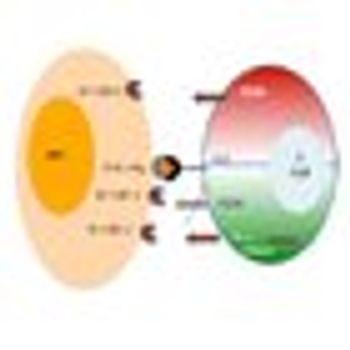
In this review, we examine the currently approved options available for these disease processes, including the newer agents and selected combinatorial approaches under investigation, and we attempt to identify the role of high-dose IL-2 in the context of current clinical practice.

Today we speak with Dr. Robert Coleman about several new agents that have shown promise in early-stage clinical trials for ovarian cancer.

The data on HE4 as a prognosticator in both ovarian and endometrial cancer constitute, at most, an interesting observation, but most likely they are simply a reflection of total tumor burden. There are certainly not enough data to justify making major treatment decisions in ovarian or endometrial cancer on the basis of absolute marker levels. Proteomics and genomics seem more likely to make a difference in this area.

While a prominent role for HE4 in these areas remains to be determined, this thorough review of HE4 demonstrates that the biomarker is complementary to, and occasionally more useful than, the widely used CA 125 in the management of gynecologic malignancies.
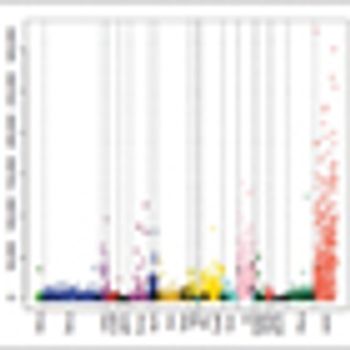
In this review, we discuss the discovery and biologic significance of HE4 and evaluate available evidence regarding the utility of HE4 as a biomarker for ovarian and endometrial cancer.
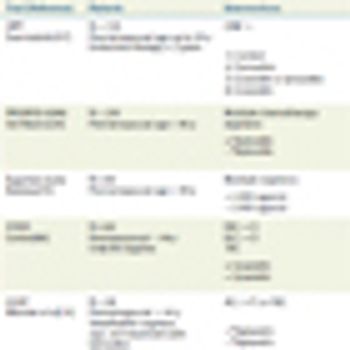
A considerable number of women with breast cancer are diagnosed during their reproductive years. In the short period of time in which newly diagnosed women will need to make decisions about surgical options and adjuvant therapy, younger women with breast cancer also face the potential impairment or complete loss of their fertility.

Although the combination of CA-125 and HE4 appears indicated for use in symptomatic patients or in patients with an adnexal mass, there is no evidence that it would be indicated as a screening test in asymptomatic patients.

A single-center study analyzed the frequency of breast cancer susceptibility mutations among black women diagnosed with breast cancer. The findings suggest that broader genetic screening may be beneficial for these women. The study also suggests that family history is not the only criteria by which patients at risk for breast cancer can be identified.

We speak with two experts to discuss breast cancer risk, genetics, and prevention options available to women at high risk of developing breast and ovarian cancer.
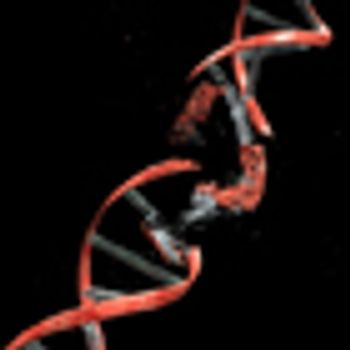
Two genome-wide studies have identified a total of 12 new genetic loci associated with a higher risk of testicular cancer. The risk-associated genetic variations could help clinicians single out higher-risk men for screening and early detection.

I looked after one of my partner’s patients who is approaching death from advanced, refractory ovarian cancer. She asked me not to talk about anything negative with her. We can’t really make any decisions without discussing negative things. Should I just remain silent about them at her request?
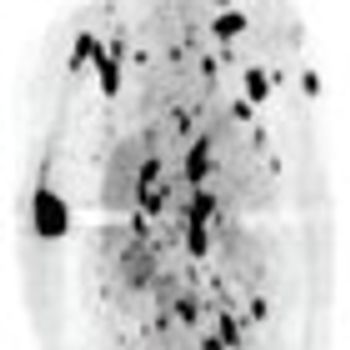
Ongoing studies are attempting to understand the reasons that tumor cells engage in aerobic glycolysis in lieu of oxidative phosphorylation. In this review, we discuss known benefits to tumor cells from this metabolic switch, and we highlight key enzymes that play a role in aerobic glycolysis. We also describe novel therapeutic options targeting glucose metabolism.

This interview covers standards for healthcare provider competency in offering comprehensive genetic services, and highlights genetics/genomics resources for nurses.

Therapy for recurrent ovarian cancer is not curative, and presumed overall survival benefits of standard strategies are uncertain and often based on low-level evidence. Treatment toxicity and patient quality of life should be considered at all points during disease management.

It is important to help patients with recurrent ovarian cancer recognize and acknowledge when further therapy is likely to be futile. For some patients this might occur very early in their disease course, while for others it may be after many years of treatment.

Emerging therapies in the management of ovarian cancer have resulted in a shift in paradigm, including in the appropriate time to institute therapy, and in the selection of therapy. This review focuses on chemotherapy and emerging biologic agents that present a therapeutic option for patients with recurrent ovarian cancer.
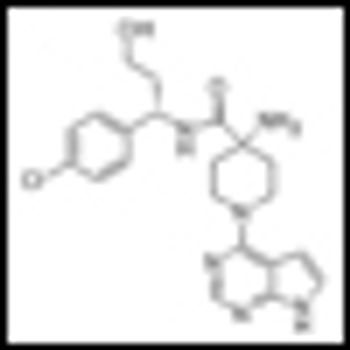
Different dosing schedules of the pan-AKT inhibitor AZD5363 revealed key details about maximum tolerable dosages, and biochemical efficacy was suggested by analyzing biomarkers, according to the results of a phase I study presented at the 2013 annual meeting of the American Association of Cancer Research.
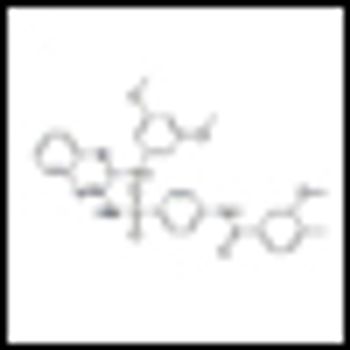
A new agent, SAR245409, that simultaneous targets two pathways important for the growth of tumors--the PI3K/mTOR pathway and the MAPK pathway--has shown activity in advanced solid tumors, according to results from a phase I trial presented at the American Association for Cancer Research Annual Meeting.
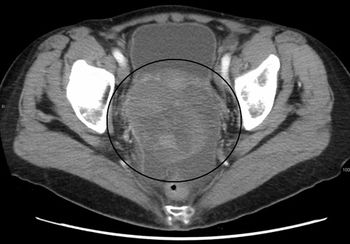
A novel therapy has shown activity in the treatment of difficult-to-treat, advanced, platinum-resistant ovarian cancer. The drug, DMUC5754A, is part of a new class of drugs called antibody-drug conjugates.

Risk factors for breast cancer can be parsed into genetic and biological factors, and environmental and lifestyle factors; and the general consensus is that screening and prevention strategies should be tailored based on an individual’s risk assessment.

Colorectal cancer patients testing positive for Lynch Syndrome on MSI and IHC were most likely to seek genetic counseling when contacted by a genetic counselor.